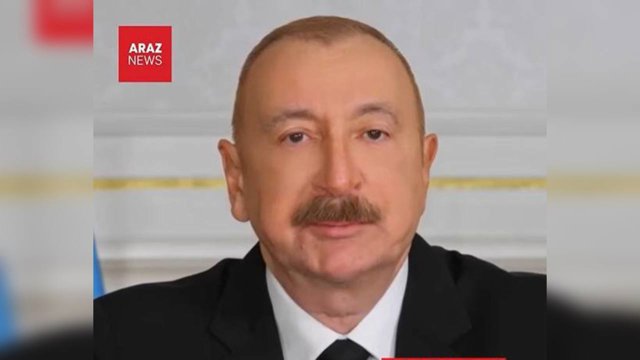آخرین مطالب
حمایت صدر اعظم آلمان از معترضان ایران؛
خشونت حکومت نشانه ضعف است
استرالیا به شهروندان خودهشدار داد:
ایران را ترک کنید یا برای شرایط اضطراری آماده باشید
آزربایجان
>ایران
>حمایت صدر اعظم آلمان از معترضان ایران؛
خشونت حکومت نشانه ضعف است
استرالیا به شهروندان خودهشدار داد:























